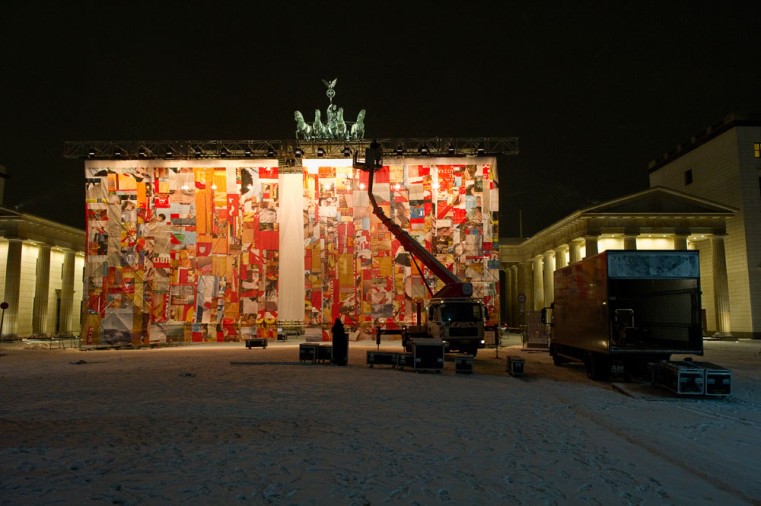Metropolis
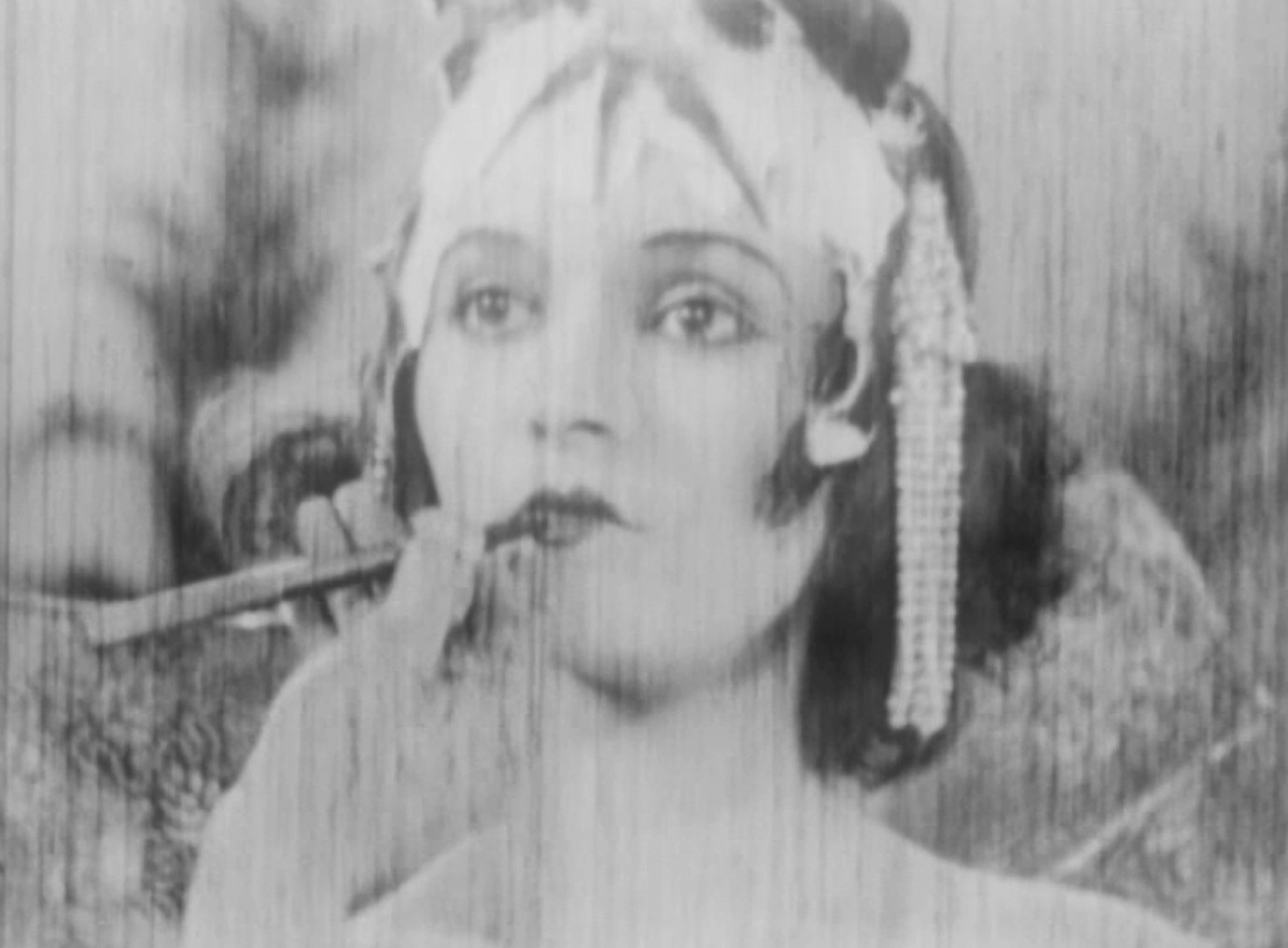

Metropolis by Fritz Lang
DEU 1927, Berlinale Special
© Friedrich-Wilhelm-Murnau-Stiftung / Museo del Cine
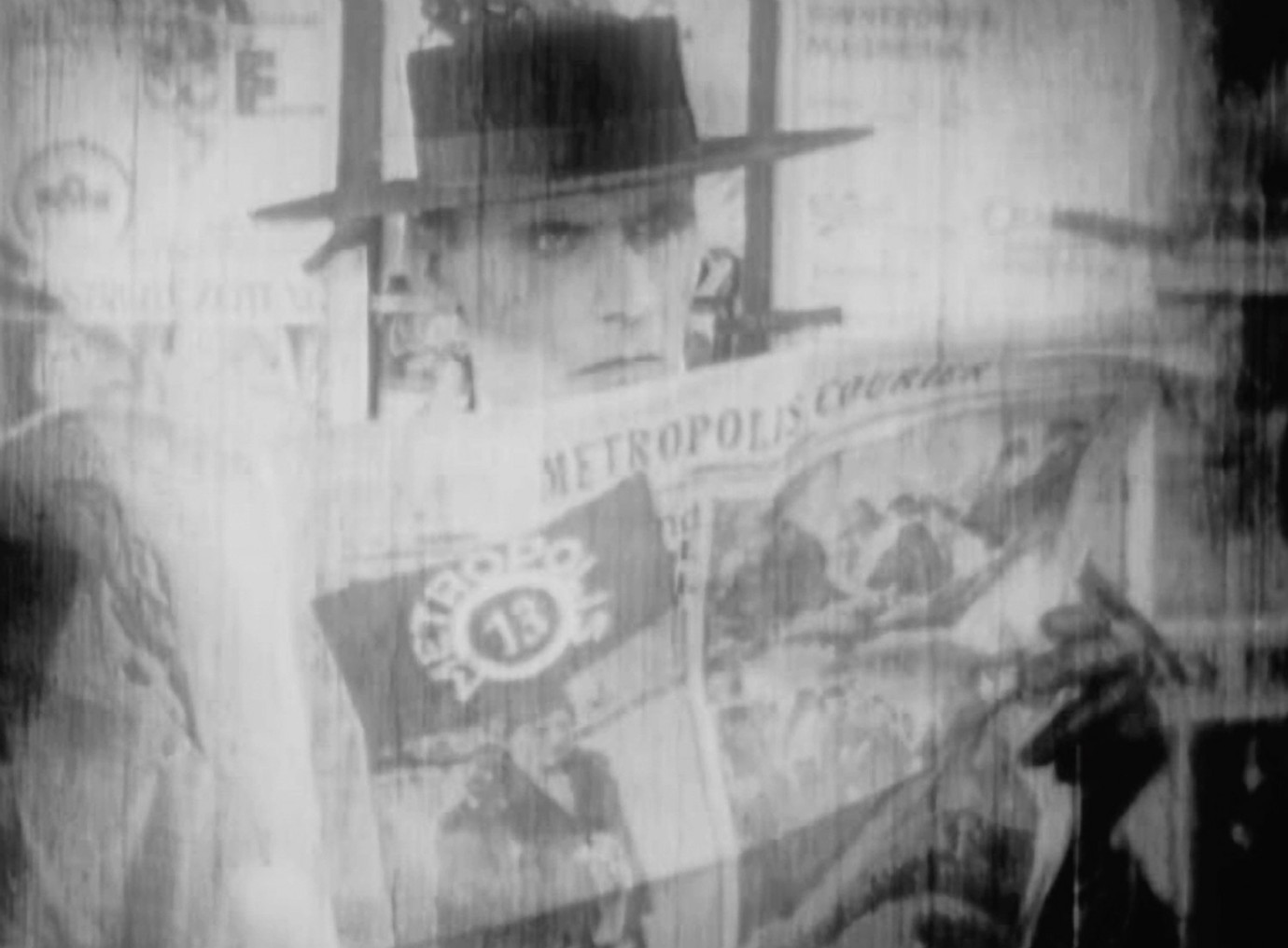
Metropolis by Fritz Lang
DEU 1927, Berlinale Special
© Friedrich-Wilhelm-Murnau-Stiftung / Museo del Cine
The mutilation of this monumental work began not long after the film’s premiere at the Ufa-Palast am Zoo cinema in Berlin on 10 January, 1927. The production company Ufa withdrew the original 4,189-metre version of this work after an unsuccessful four-month theatrical run at this cinema and subsequently released a significantly abridged 3,241-metre version in the summer of 1927. For decades, important parts of the film – the 2001 restoration of which was the first cinematic work to be inscribed on UNESCO’s Memory of the World Register – were thought to have been irretrievably lost. Until recently it was believed that only one original negative and various prints of the abridged German and international versions existed. Following the sensational discovery of a 16mm negative in Buenos Aires in 2008 and the restoration of a version which is thirty minutes longer than the previous one, METROPOLIS can now be screened in a form which almost completely reflects the original.
The restoration and reconstruction of METROPOLIS represents one of the most significant film restoration projects in cinema history. The restoration of METROPOLIS was conducted by the Murnau Foundation in Wiesbaden in cooperation with ZDF and Arte in association with the Deutsche Kinemathek – Museum für Film und Fernsehen (Berlin) and the Museo del Cine Pablo C. Ducros Hicken (Buenos Aires).
Additional information
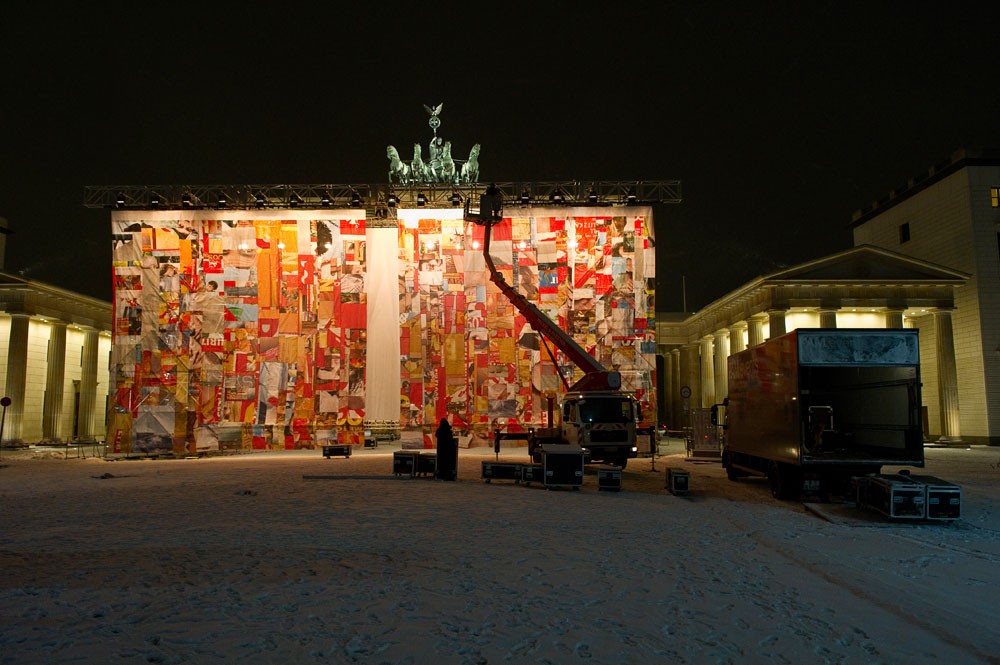
The Curtain
Fritz Langs Metropolis will be screened here tomorrow.
Metropolis · Berlinale Special · Feb 11, 2010
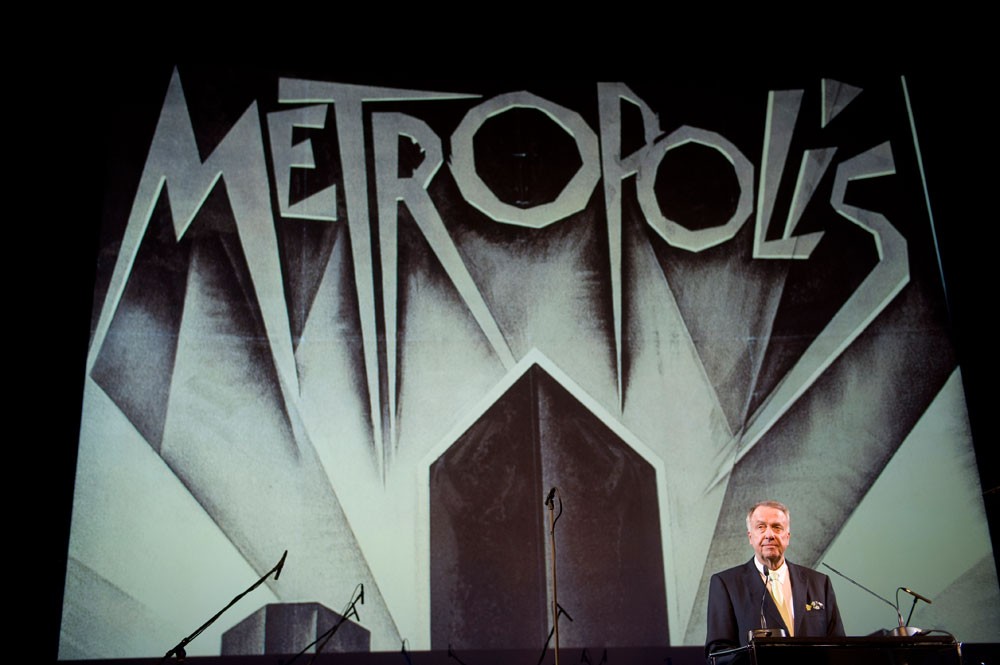
Bernd Neumann
The Minister of State and Commissioner for Cultural and Media Affairs gave an address before the screening in the Friedrichstadtpalast.
Metropolis · Berlinale Special · Feb 12, 2010
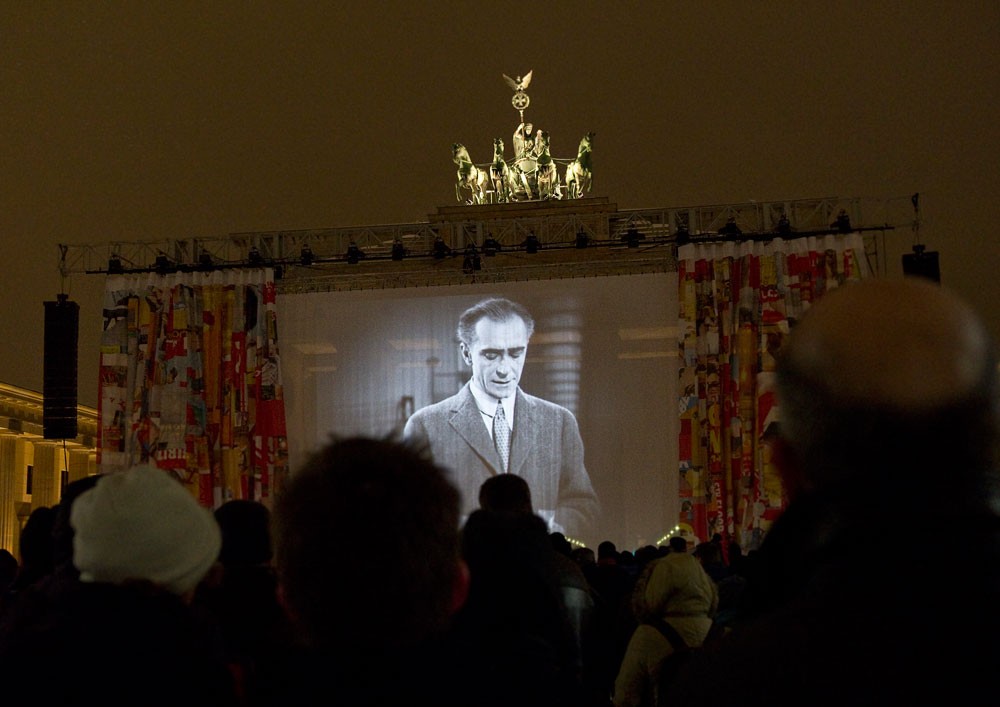
The screen
After decades Metropolis returned to Berlin in its almost original version.
Metropolis · Berlinale Special · Feb 12, 2010
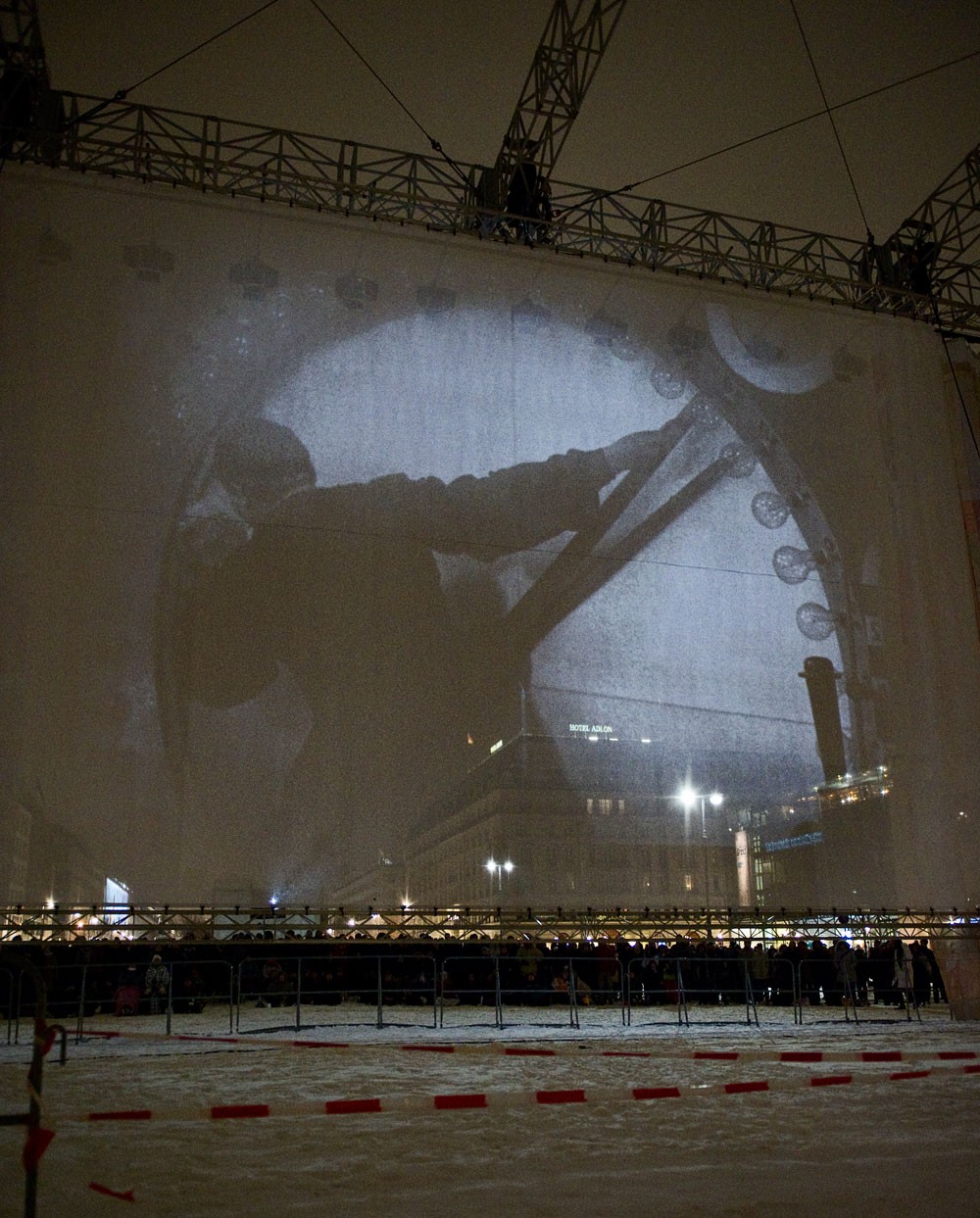
The film
The visual power of Metropolis power is still overwhelming.
Metropolis · Berlinale Special · Feb 12, 2010
